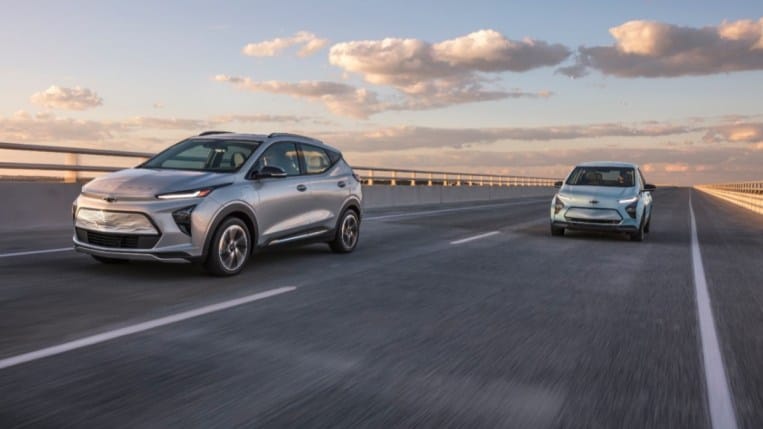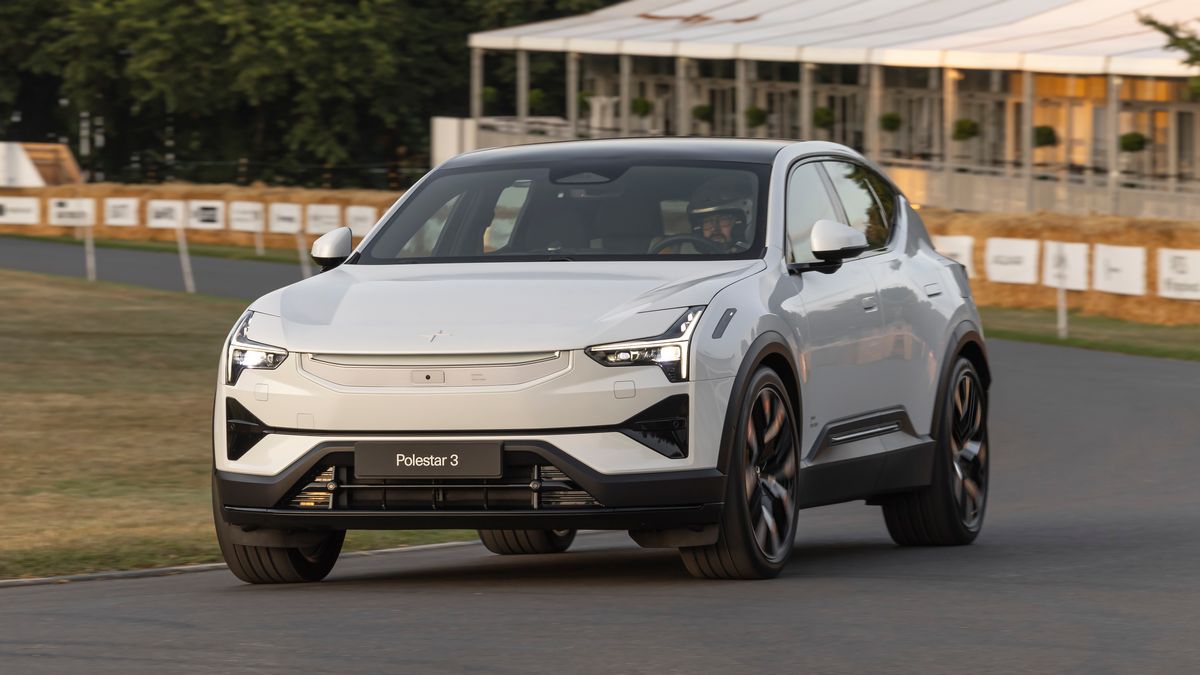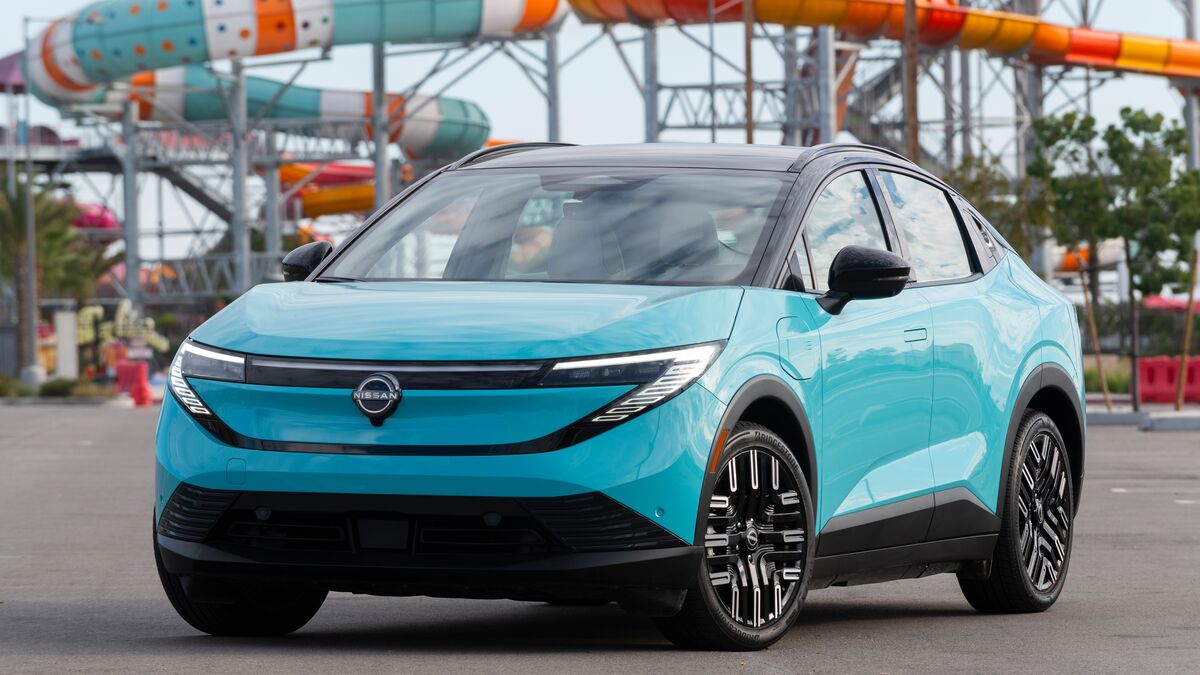
While announcing third-quarter sales results, General Motors said it would increase Bolt production from 44,000 in 2022 to over 70,000 in 2023.
The sales boost came after a rough year for the Bolt brothers. The electric cars faced an escalating series of recalls throughout 2021 due to a series of battery fires. The company launched a program to replace battery modules in every Bolt on the road and bought back some examples from frustrated owners.
Some Bolts may still be on the road with older batteries at risk of fire. Automakers often struggle to reach every owner with news of a recall.
All other GM electric vehicle designs use a different type of battery.
After solving the battery problem, Chevy launched an effort to rebuild the Bolt’s image. The company dropped prices, making the Bolt EV the least-expensive electric vehicle in America – sort of.
The 2022 Nissan Leaf carries a higher starting price on paper but is eligible for a $7,500 federal EV tax credit that doesn’t currently apply to the Bolt. That makes the Leaf a cheaper purchase, temporarily.
Chevy even gave some owners up to $6,000 back, making the discount retroactive.
That discount will last through the end of 2022. When it ends, however, the $7,500 discount will almost certainly come back to the Bolt.
This summer, Congress revamped the federal electric car tax rebate system with a new law. Bolts were not eligible under the 2022 rebate system. In 2023, they almost certainly will be.
Related: How Do Electric Car Tax Credits Work?
The law requires that electric cars be assembled in North America to qualify for the discount. The Bolt brothers receive final assembly in Michigan (though many parts come from South Korea). We expect it to be eligible in 2023, but the IRS hasn’t yet updated its list of qualifying vehicles to reflect calendar year 2023.







